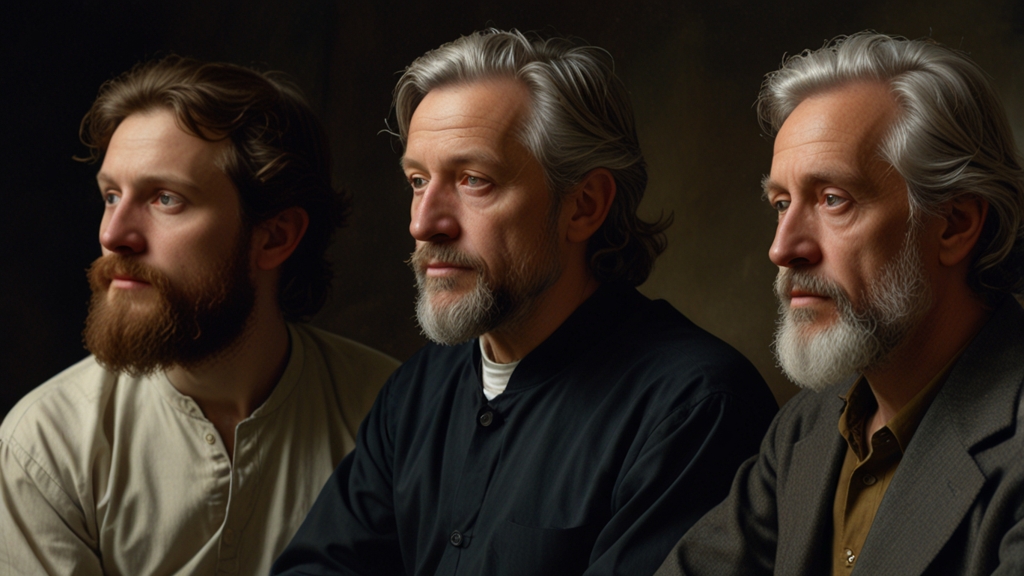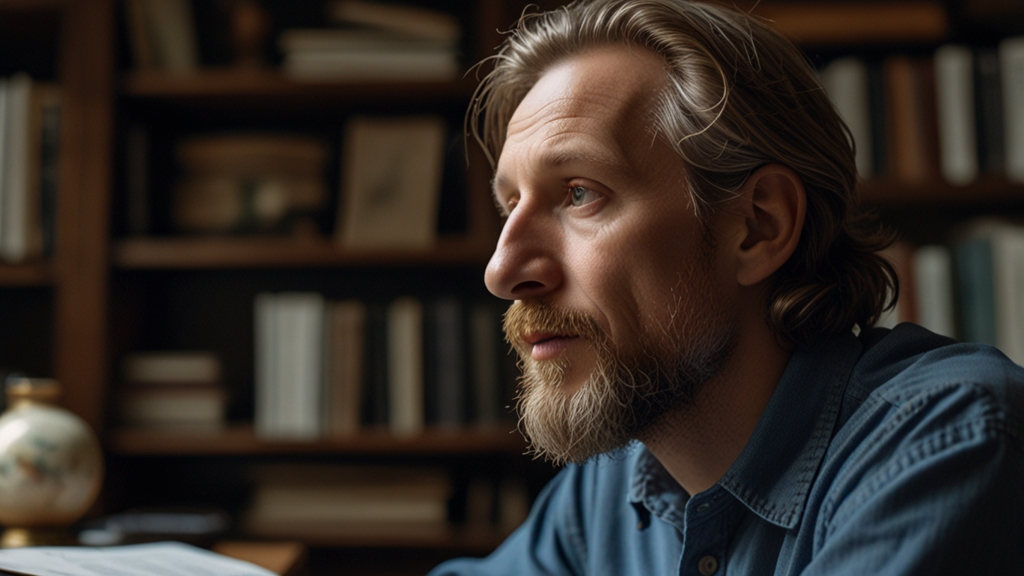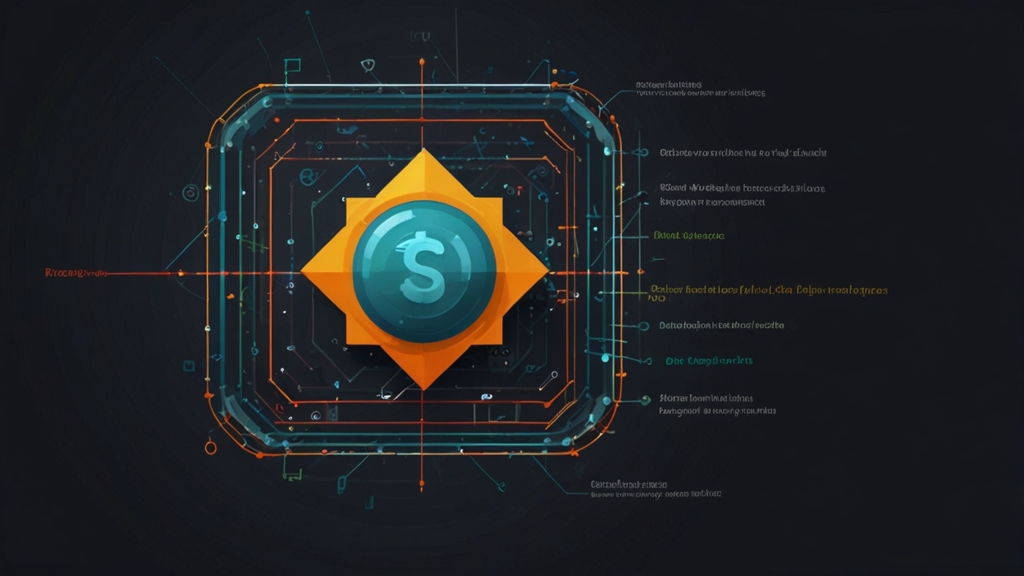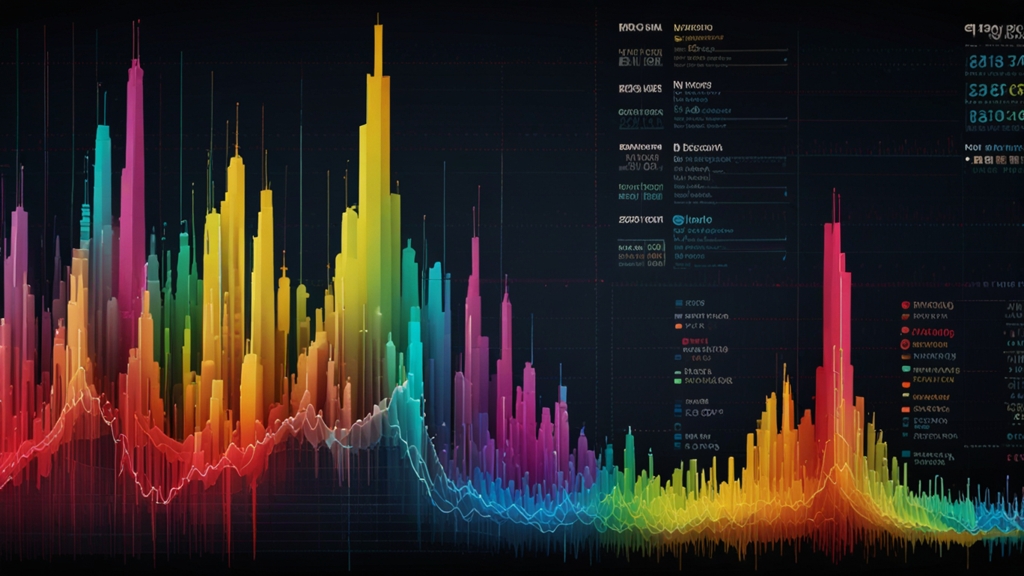Can Philosophy Change the World? The Power of Ideas Explored
Philosophy, at its core, is the study of fundamental questions about existence, knowledge, values, reason, mind, and language. It is the pursuit of wisdom, a quest to understand the underlying principles of reality and human experience. But can philosophy change the world? This question has intrigued scholars, thinkers, and laypeople alike for centuries. To explore the power of ideas, we need to consider the historical impact of philosophical thought and its potential to address contemporary challenges.
The Historical Impact of Philosophy
Throughout history, philosophical ideas have profoundly influenced societies and shaped the course of human development. Ancient Greek philosophers like Socrates, Plato, and Aristotle laid the foundations of Western thought, introducing concepts of democracy, ethics, and logic that continue to inform modern life.
"The unexamined life is not worth living." - Socrates
Socrates emphasized the importance of self-reflection and critical thinking, encouraging individuals to question their beliefs and seek truth. This idea, radical at the time, fostered a culture of inquiry that became the bedrock of scientific and intellectual progress.
During the Enlightenment, philosophers like John Locke, Immanuel Kant, and Jean-Jacques Rousseau expanded on these ideas, advocating for individual rights, political freedom, and the separation of church and state. Their writings influenced revolutionary movements, including the American and French revolutions, fundamentally altering global political landscapes.
Philosophy in the Modern World
In contemporary society, philosophy continues to shape our ethical frameworks, legal systems, and public policies. Issues such as artificial intelligence, climate change, and social justice are being addressed through philosophical lenses, providing nuanced perspectives and solutions.
"Philosophy is a battle against the bewitchment of our intelligence by means of language." - Ludwig Wittgenstein
Wittgenstein's assertion underscores the importance of clarity in thought and communication. In an age of information overload and pervasive media, the ability to think critically and articulate one's ideas clearly is essential.
Philosophy and Personal Transformation
Beyond its societal impact, philosophy also has the power to transform individuals. By engaging with philosophical texts and discussions, people cultivate skills in reasoning, empathy, and self-awareness. This personal growth can lead to more informed and compassionate decision-making, both in personal and professional contexts.
Moreover, existential and ethical questions explored in philosophy can help individuals navigate the complexities of modern life. For example, existentialists like Jean-Paul Sartre and Viktor Frankl address the search for meaning in an often chaotic world, offering insights that resonate deeply with many people today.
The Power of Ideas
Ultimately, philosophy can change the world because ideas have the power to inspire, challenge, and transform. When individuals and societies engage with philosophical thought, they open themselves to new possibilities and perspectives. This intellectual engagement can lead to more just and equitable societies, innovative solutions to global problems, and a deeper understanding of what it means to be human.
"The philosophers have only interpreted the world, in various ways. The point, however, is to change it." - Karl Marx
Marx's observation reminds us that the ultimate goal of philosophy is not merely to interpret the world but to change it. As we confront the challenges of the 21st century, embracing philosophical inquiry can empower us to create a better future.
Conclusion
In conclusion, philosophy holds significant potential to change the world. By fostering critical thinking, ethical reflection, and intellectual exploration, philosophy equips us to address the pressing issues of our time. As we continue to engage with and apply philosophical ideas, we unlock the power to inspire change, both within ourselves and in the broader world.









